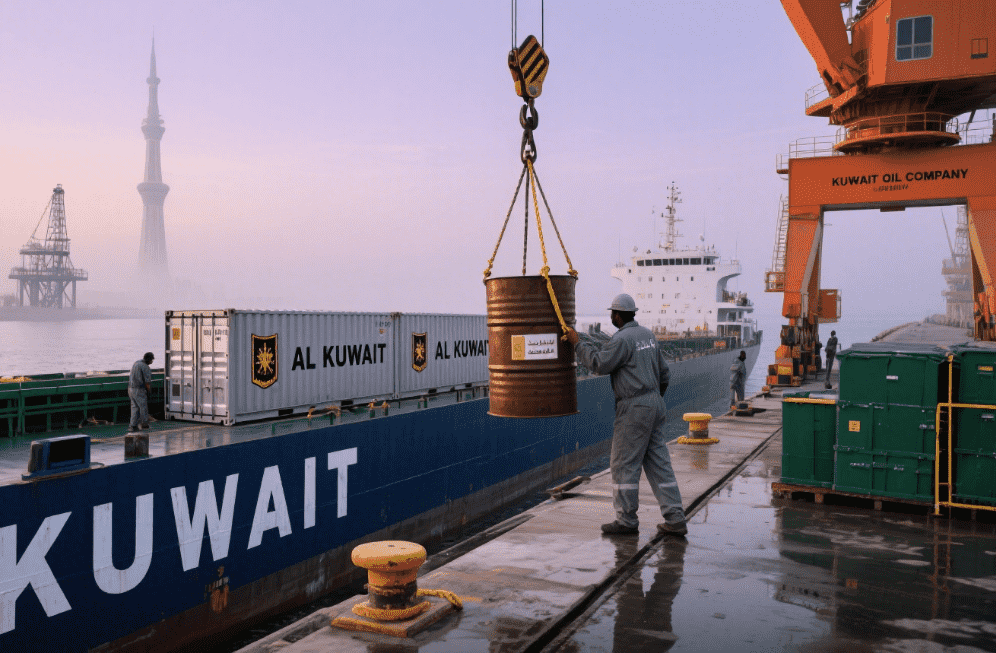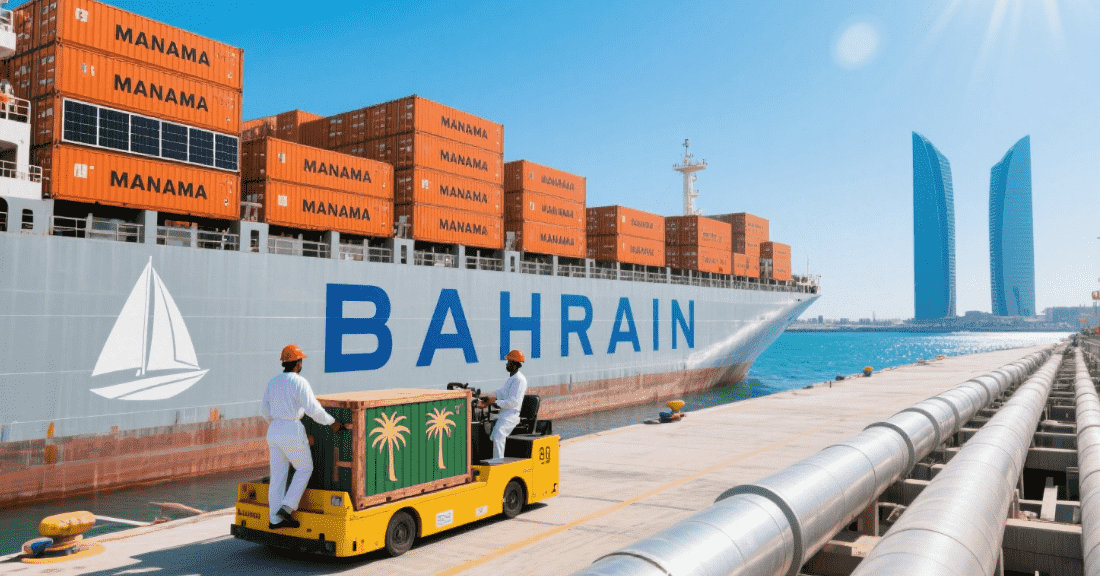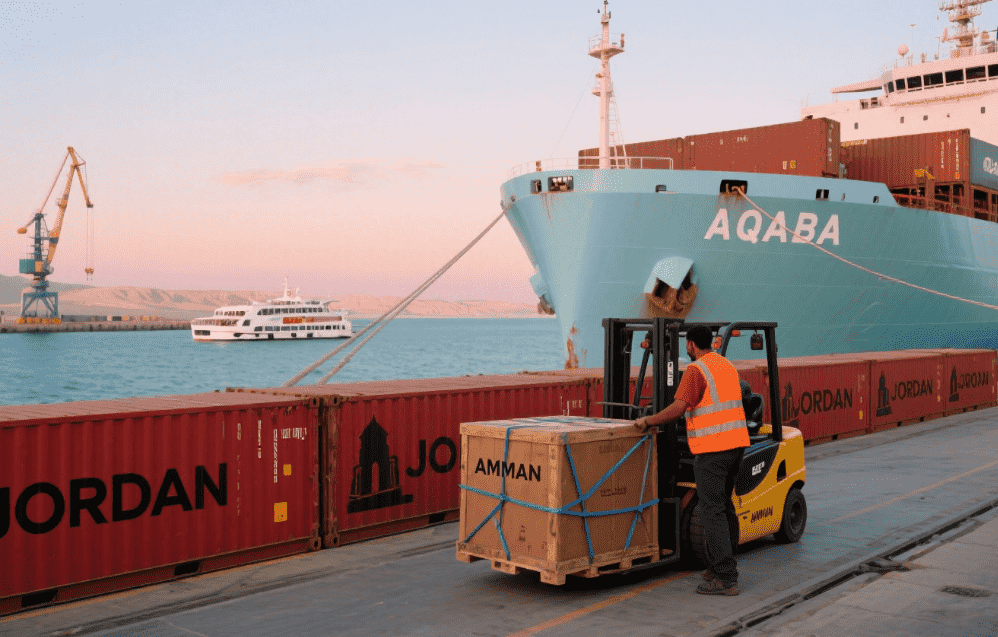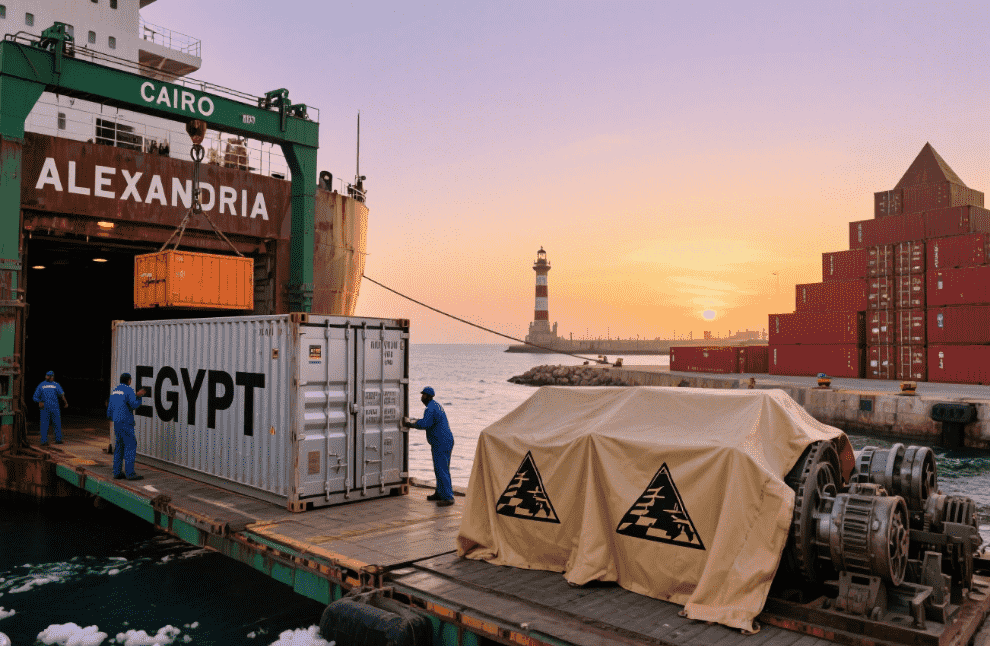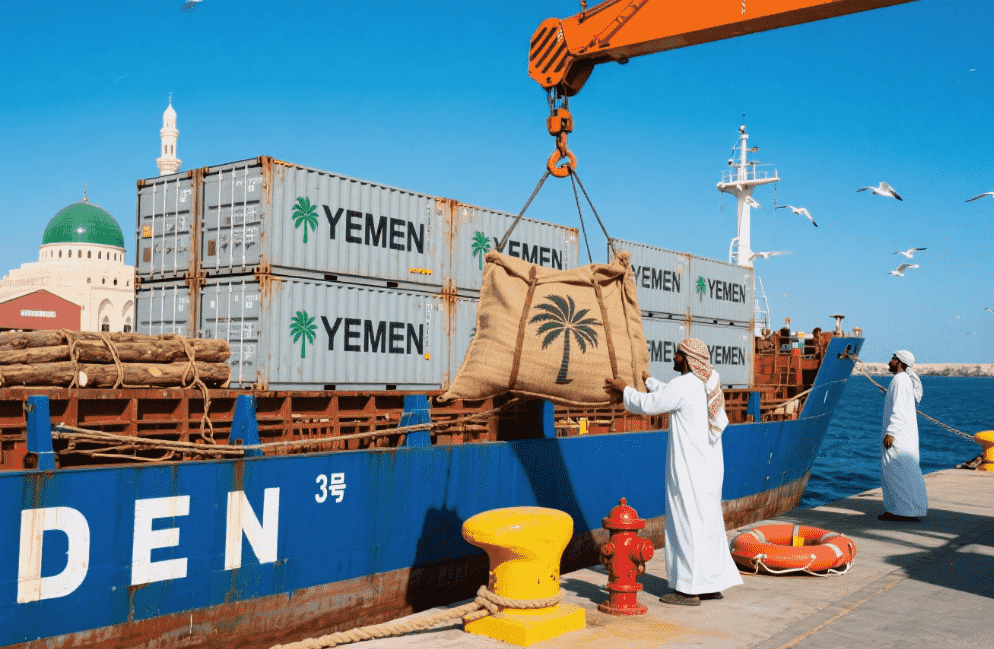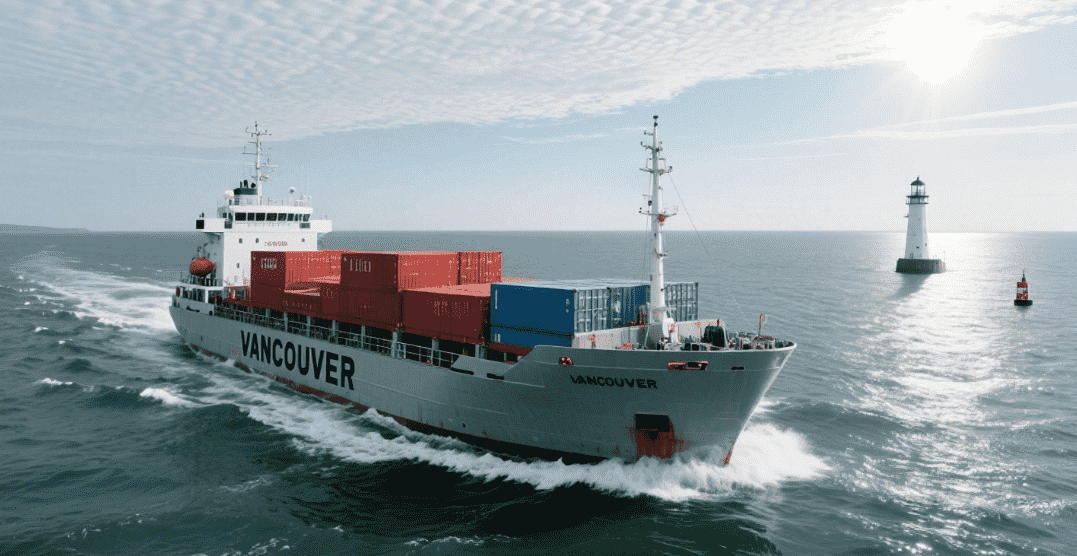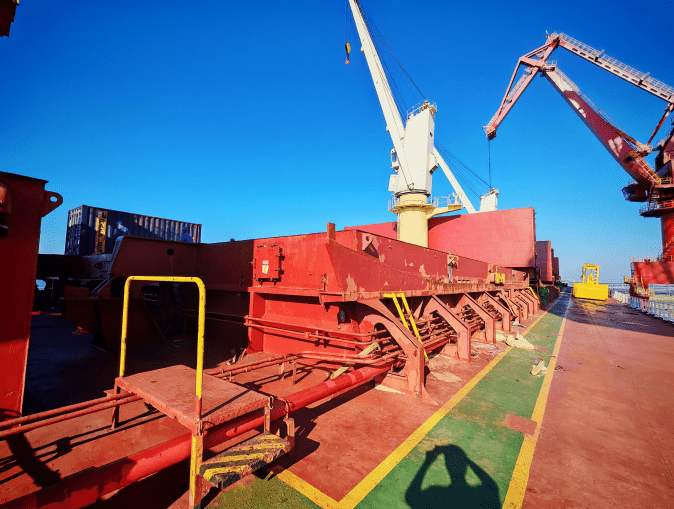
The African continent, with its rapidly growing economies and expanding infrastructure projects, presents immense opportunities for global trade. Among the key drivers of this growth is the demand for break bulk and general cargo transportation from China—the world’s manufacturing hub—to African ports. However, navigating this complex supply chain requires specialized expertise, efficient logistics networks, and a deep understanding of regional challenges. At Winsail Logistics, we specialize in designing professionalized transportation solutions that bridge the gap between Chinese exporters and African importers, ensuring seamless delivery of bulk and general cargo while optimizing costs and timelines.
This blog explores the intricacies of freight services from China to Africa, the role of cargo agents, and how a tailored approach to break bulk logistics can unlock value for businesses operating in this dynamic market.
1. The Rise of Africa as a Key Trade Destination
Africa’s economic transformation is reshaping global trade patterns. According to the African Development Bank, the continent’s middle class is projected to grow by 54% by 2030, driving demand for consumer goods, industrial equipment, and construction materials. Simultaneously, governments across Africa are investing heavily in infrastructure projects, including roads, railways, and ports, to support industrialization.
China, Africa’s largest trading partner, plays a pivotal role in this growth. In 2022, bilateral trade between China and Africa reached $282 billion, with machinery, electronics, and general cargo accounting for a significant share. However, transporting these goods efficiently requires overcoming challenges such as fragmented logistics networks, customs delays, and inadequate port facilities in some regions.
This is where professionalized transportation solutions become critical.
2. Understanding Break Bulk Cargo and Its Challenges
Break bulk refers to goods that are shipped individually rather than in containers. Examples include heavy machinery, steel structures, vehicles, and project cargo. Unlike containerized freight, break bulk requires specialized handling, stowage, and securing during transit to prevent damage.
Key challenges in break bulk transportation from China to Africa include:
- Port limitations: Many African ports lack the infrastructure to handle oversized cargo, necessitating transshipment or alternative routing.
- Customs clearance: Complex documentation and regulatory requirements can delay shipments.
- Cost inefficiencies: Break bulk often incurs higher freight rates due to its non-standardized nature.
- Risk management: Damage or loss during loading, unloading, or inland transportation is a persistent concern.
To mitigate these risks, businesses must partner with a cargo agent with localized expertise and global reach.
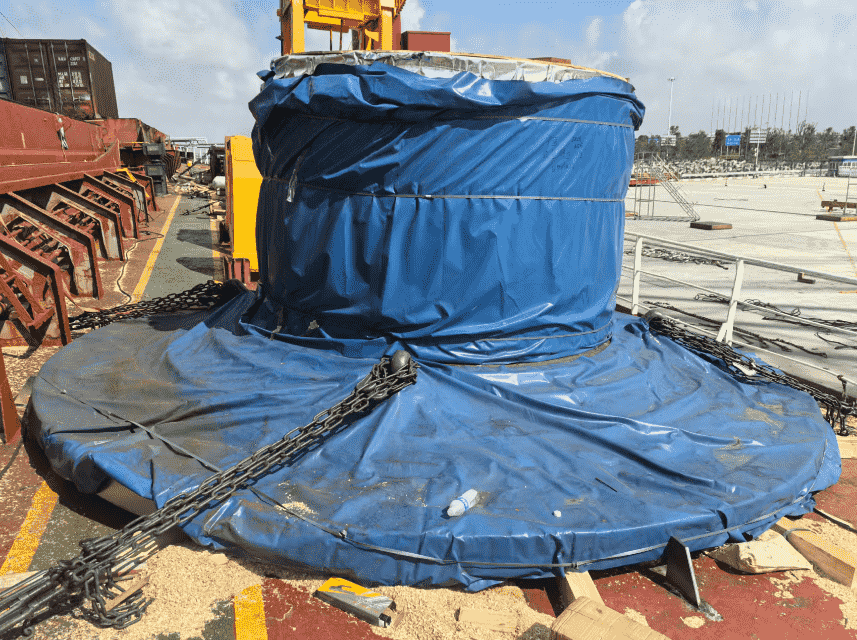 3. The Role of a Professional Cargo Agent in African Logistics
3. The Role of a Professional Cargo Agent in African Logistics
A cargo agent acts as an intermediary between shippers and carriers, managing every stage of the transportation process. In the context of China-Africa trade, their responsibilities include:
a. Route Optimization
Selecting the most efficient shipping lanes and ports is crucial. For instance, while Durban (South Africa) and Mombasa (Kenya) are major gateways, smaller ports like Tema (Ghana) or Lomé (Togo) may offer cost advantages for specific destinations. A skilled cargo agent evaluates factors such as transit time, port fees, and inland connectivity to design optimal routes.
b. Documentation and Compliance
African customs procedures vary by country, requiring meticulous documentation. A professional agent ensures compliance with rules such as the African Continental Free Trade Area (AfCFTA) agreements, which aim to reduce tariffs and streamline cross-border trade.
c. Cargo Handling and Security
Break bulk cargo demands specialized equipment like cranes, forklifts, and flatbed trailers. Agents coordinate with port operators and trucking companies to ensure safe handling from origin to destination.
d. Real-Time Tracking and Communication
Transparency is vital in international logistics. Advanced agents leverage technology to provide shippers with real-time updates on cargo location, estimated arrival times, and potential delays.
4. Tailored Freight Services for Diverse Cargo Types
Not all cargo is created equal. A professionalized transportation solution must adapt to the unique requirements of different shipments:
a. Heavy Machinery and Project Cargo
Construction equipment, generators, and industrial machinery often require disassembly, crating, and reassembly. Agents with engineering expertise can oversee these processes to minimize damage risks.
b. Perishable Goods
For time-sensitive cargo like food or pharmaceuticals, temperature-controlled transportation and expedited customs clearance are essential.
c. Oversized Cargo
Items exceeding standard container dimensions (e.g., wind turbine blades) may need open-top containers or flat-rack shipping. Agents negotiate with carriers to secure space and ensure compliance with port restrictions.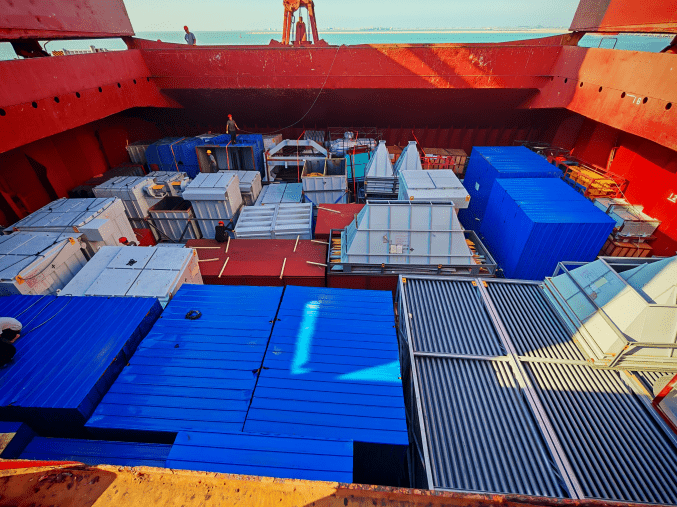
5. Case Study: Delivering Break Bulk Cargo to Nigeria
A recent project illustrates the value of specialized logistics. A Chinese manufacturer needed to ship 150 tons of steel beams to Lagos, Nigeria. Challenges included:
- Limited port infrastructure in Lagos.
- High demand for break bulk space during the rainy season.
- Strict customs inspections.
Solution:
Our team at Winsail Logistics collaborated with a reputable cargo agent in Nigeria to:
- Secure bookings on a vessel with break bulk capacity.
- Pre-clear documentation to expedite customs processing.
- Arrange inland transportation using low-bed trailers to navigate Lagos’s congested roads.
The shipment arrived on schedule, saving the client 12% in demurrage fees compared to industry averages.
6. The Future of Africa-China Trade: Trends and Opportunities
The Africa-China trade corridor is poised for further growth, driven by:
- Digitalization: Blockchain and AI are enhancing supply chain visibility and reducing fraud.
- Sustainability: Shippers are increasingly prioritizing low-carbon transportation options, such as biofuel-powered vessels.
- Regional Integration: The AfCFTA is reducing trade barriers, encouraging intra-African logistics networks.
To stay competitive, businesses must partner with logistics providers that embrace innovation while maintaining a human-centric approach to problem-solving.
7. Why Choose a Professionalized Approach?
In a market as complex as Africa, cutting corners on logistics can lead to costly disruptions. A professionalized transportation solution offers:
- Cost Efficiency: Optimized routing and carrier negotiations reduce expenses.
- Risk Mitigation: Proactive planning minimizes delays and damage claims.
- Scalability: Agents adapt to fluctuating demand, whether for a single shipment or ongoing trade.
- Peace of Mind: Shippers can focus on core operations while experts handle logistics.
Conclusion: Partnering for Success in African Logistics
The Africa-China trade lane is a cornerstone of global commerce, but its success hinges on reliable, professionalized transportation solutions. From break bulk cargo to general freight, businesses need partners who understand the nuances of regional logistics and can deliver tailored services.
At Winsail Logistics, we combine global expertise with local insights to empower shippers with seamless, cost-effective transportation. Whether you’re exporting machinery, consumer goods, or project cargo, our team is equipped to navigate Africa’s logistics landscape.
Explore how we can transform your supply chain by visiting our website: https://www.winsaillogistics.com. Together, let’s build a future where distance is no barrier to trade.


